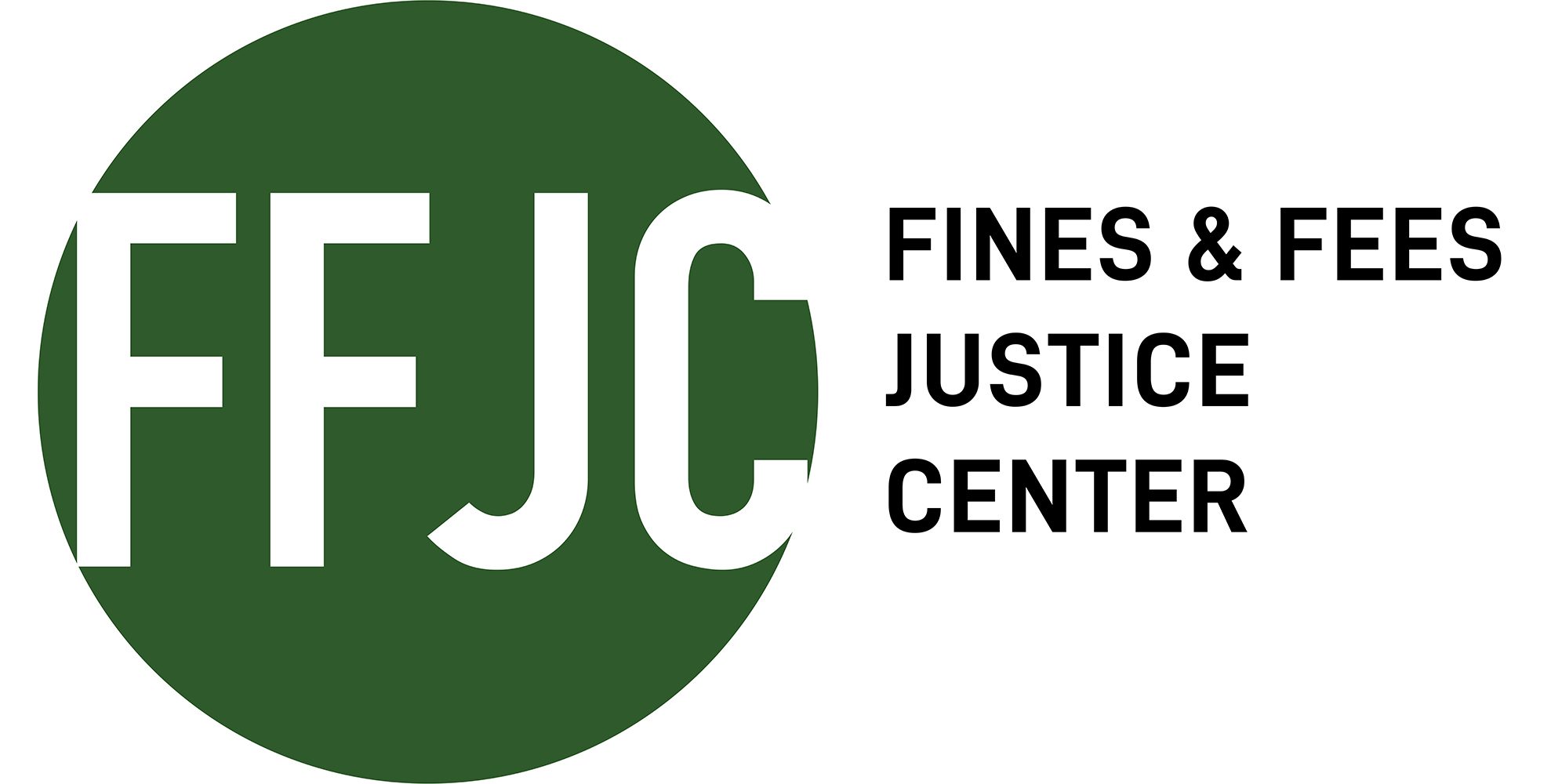Monetary Sanctions and Symbiotic Harms
When justice-involved individuals cannot afford their legal debts, their families who provide financial support suffer the unintended negative effects of punishment– also known as symbiotic harms. This study analyzes data …
